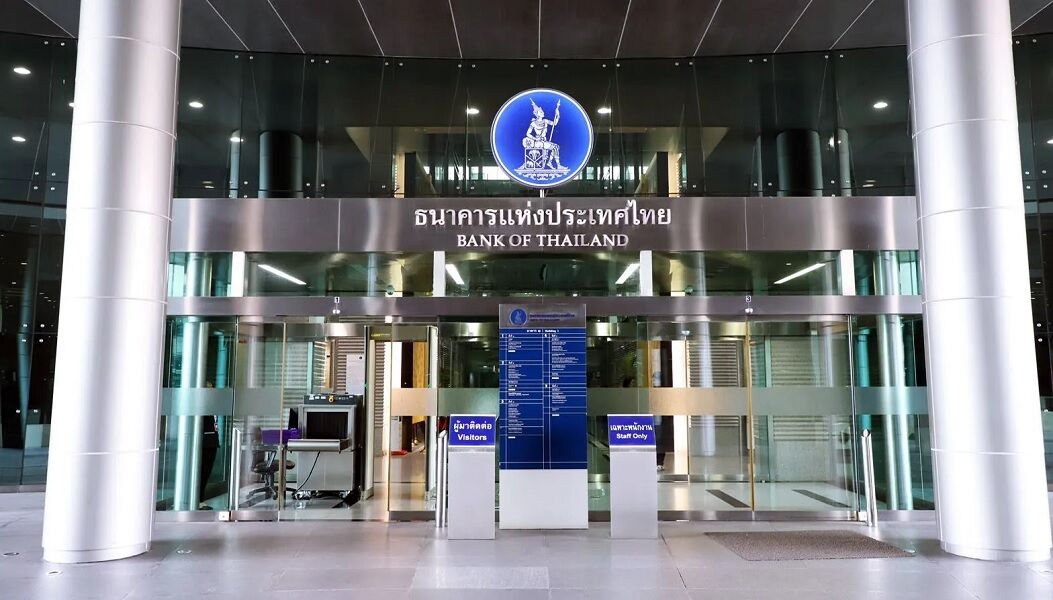Bank of Thailand confident in limited corporate bond rollover risk despite rising interest rates

Despite rising interest rates, the Bank of Thailand has expressed confidence in the limited risk of corporate bond rollover this year, stating that it should not pose a significant threat to systemic risk. The local bond market has remained functional, with private businesses continuing to secure new funds.
Sakkapop Panyanukul, the senior director for financial markets at the central bank, acknowledged the presence of rollover risks. However, he attributed these to specific internal factors unique to each company. He pointed out that corporate bonds have exhibited positive growth over the past three years, demonstrating the capacity of local businesses to secure new funding.
In anticipation of increased financial costs from interest rate hikes, numerous private businesses have preemptively secured low costs through bond offerings. The Bank of Thailand’s data indicates a 9% year-on-year growth in corporate bonds outstanding in 2023.
Despite a 2% drop in 2020 due to the pandemic, growth in bonds outstanding reached 19% in 2022 and 11% in 2021. The proportion of undersubscribed bonds remained minimal in comparison to total corporate bond issuance over the last two years.
Sakkapop highlighted that the undersubscribed corporate bonds were primarily high-yield bonds provided by companies facing specific issues. The undersubscribed investment-grade bonds were offered by only two to three companies, again due to issuer-specific factors.
Approximately 1 trillion baht worth of corporate bonds are due for redemption this year, with 100 billion baht or 10% in the form of high-yield bonds. Sakkapop suggested that rollover risks for the debentures should be limited due to their marginal proportion compared to 90% of investment-grade bonds. He also noted that high-yield bonds are typically held by high-net-worth individuals, who usually have a higher risk appetite than general retail investors.
Bond Investment
Local asset management firms’ investments in high-yield bonds represent a mere 0.1% of total bond investment, at around 600 million baht of institutional investors. Banks’ exposure to high-yield bonds is also minimal, accounting for only 0.23% of the total loan portfolio.
“Given the limited risk of high-yield bond rollover, it should not impact overall corporate bond rollover for this year despite rising interest rates,” Sakkapop stated.
The Bank of Thailand has raised its policy rate eight times since August 2022, bringing it from 0.5% to 2.5%, the highest it has been in a decade.
In a recent development, Italian-Thai Development Plc (ITD) informed the Stock Exchange of Thailand that its bondholders’ meeting had approved a debt-to-equity ratio waiver, effective from the end of the 2023 accounting year until the end of the 2024 accounting year.
This decision enables ITD to negotiate or enter into contracts with creditors for debt restructuring without it being considered a default under the terms of rights. The bondholders also agreed to extend redemption for two years, raising the bonds’ interest rates by 0.25% to 0.5% per annum. ITD has requested the extension of five series of debentures, reported Bangkok Post.
Latest Thailand News
Follow The Thaiger on Google News:


























